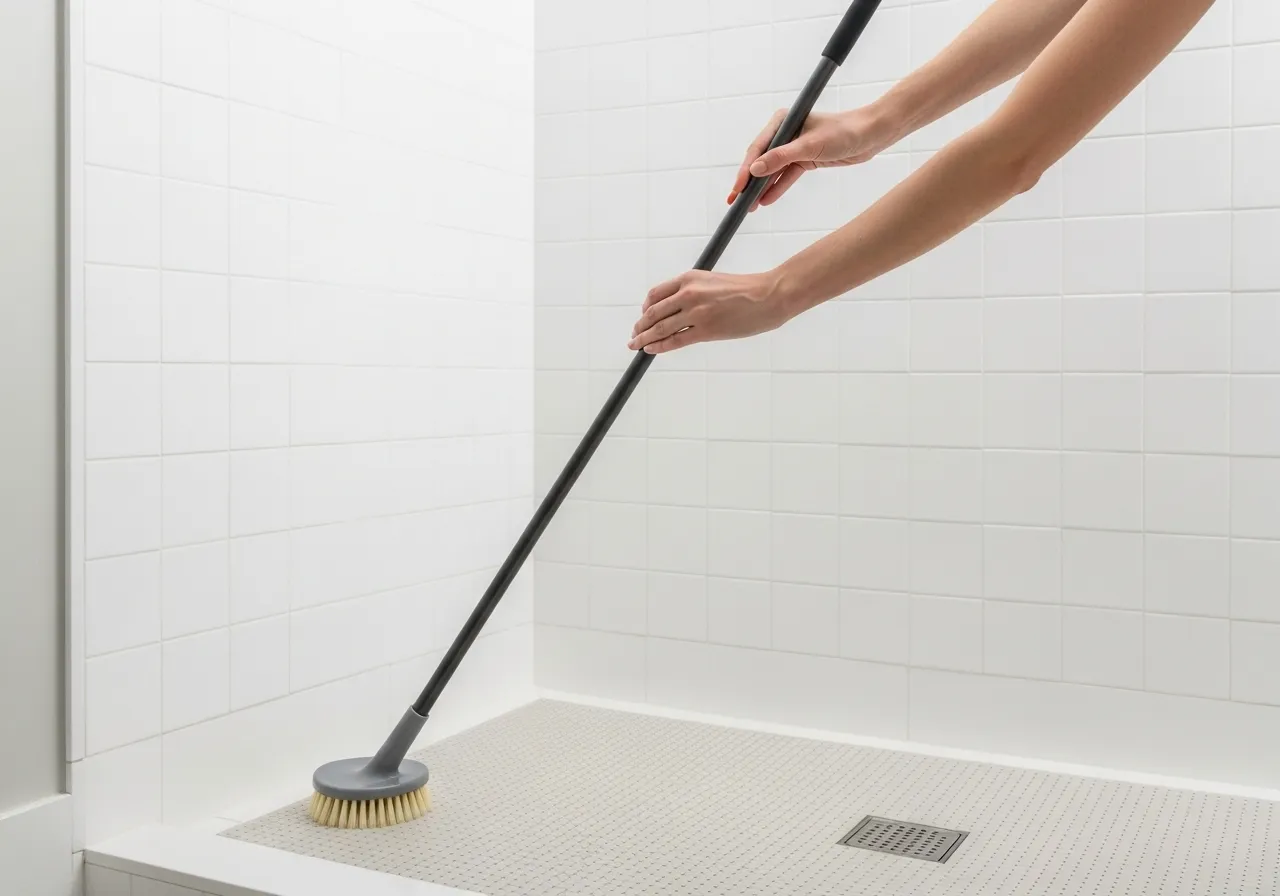
Frequently Asked Questions
What is the single most important feature in a vacuum for someone with arthritis?
While several features are important, most occupational therapists and ergonomic experts agree that overall weight is the most critical factor. A lightweight vacuum cleaner, ideally under 8 pounds, reduces strain on the entire body—from the hand and wrist gripping the handle to the shoulder and back muscles used for pushing and pulling. If a vacuum is light enough to be maneuvered easily with one hand, it significantly lowers the barrier to regular cleaning and reduces the risk of fatigue and pain.
How can I make cleaning the shower safer and less painful?
Safety is paramount in a slippery environment like a shower. First, always clean when the shower is completely dry. Use a long-handled, extendable scrubber to clean walls and the tub floor from a standing position outside the tub. This prevents dangerous bending and reaching. For added stability, consider placing a non-slip bath mat inside the tub even while cleaning. Finally, embrace the power of dwell time with a no-scrub daily shower spray to prevent soap scum buildup, which will make your deeper cleaning sessions much less physically demanding.
Are ‘natural’ cleaning products a better choice for people with health concerns?
The term “natural” is not regulated, so it doesn’t automatically mean a product is safer or better. Some natural ingredients, like certain essential oils, can be potent irritants. The most important thing for anyone, especially those with respiratory sensitivities, is proper ventilation. Regardless of the product you choose—whether it’s a commercial cleaner or a vinegar-based solution—always ensure good airflow by opening a window or turning on an exhaust fan. You can find more information on safe cleaning and ventilation from the U.S. Environmental Protection Agency (EPA).


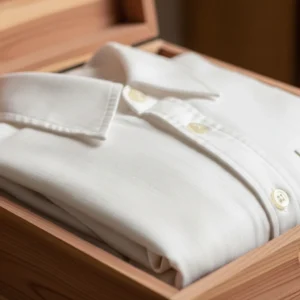

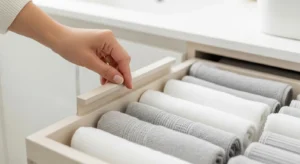
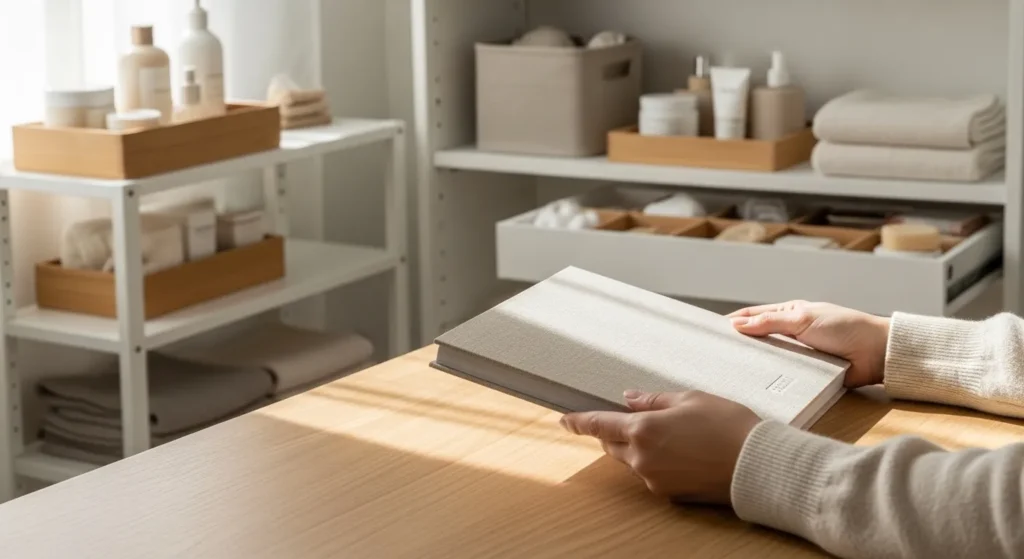
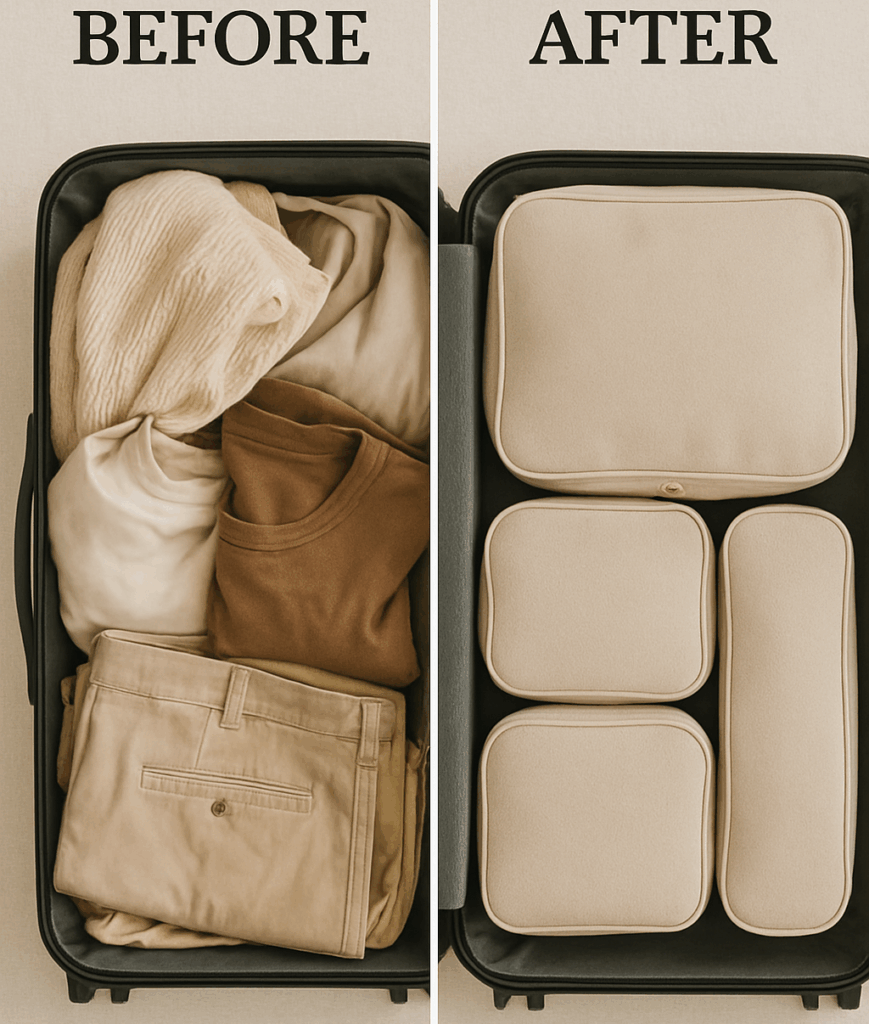

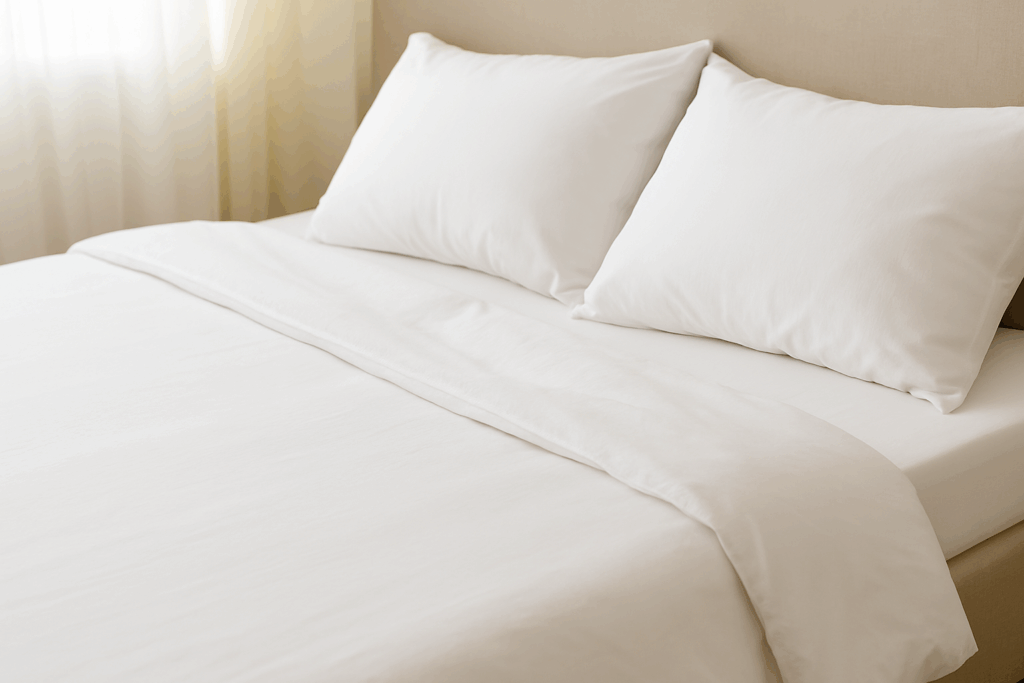
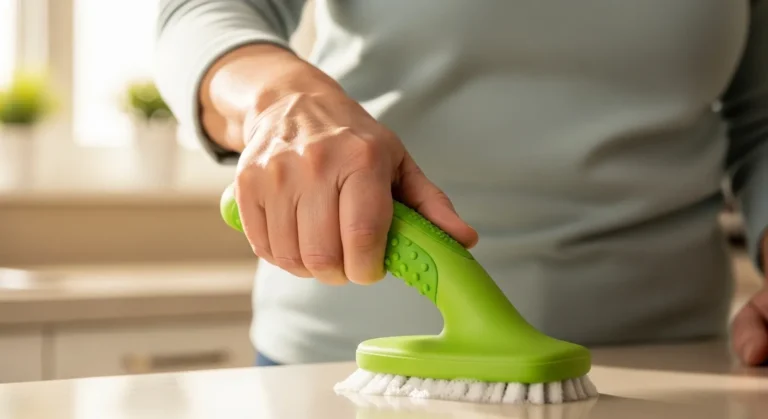
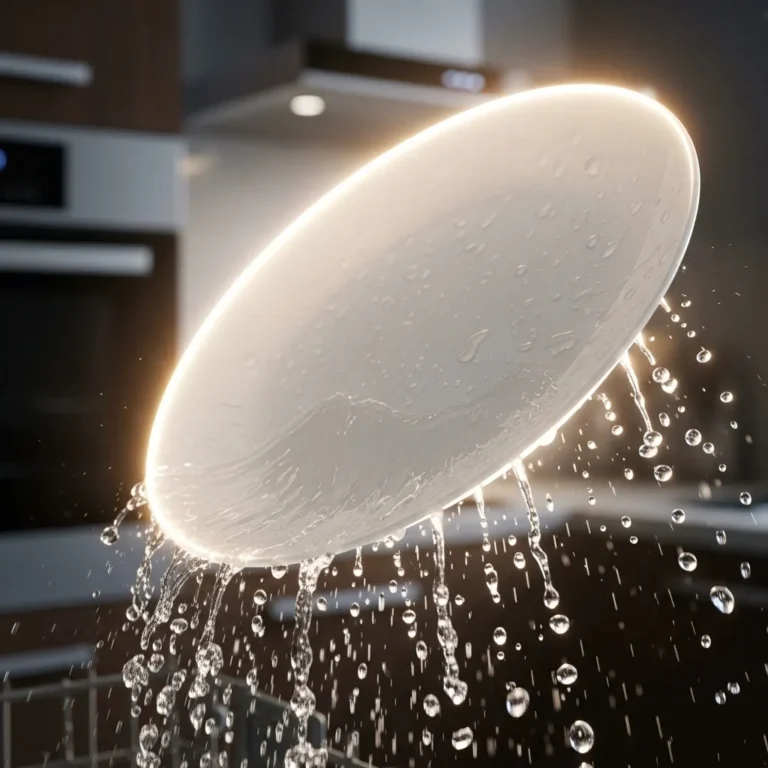



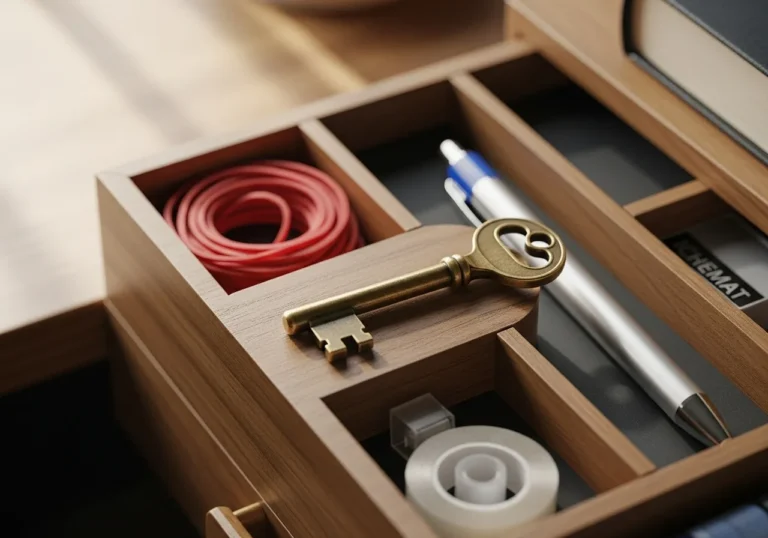
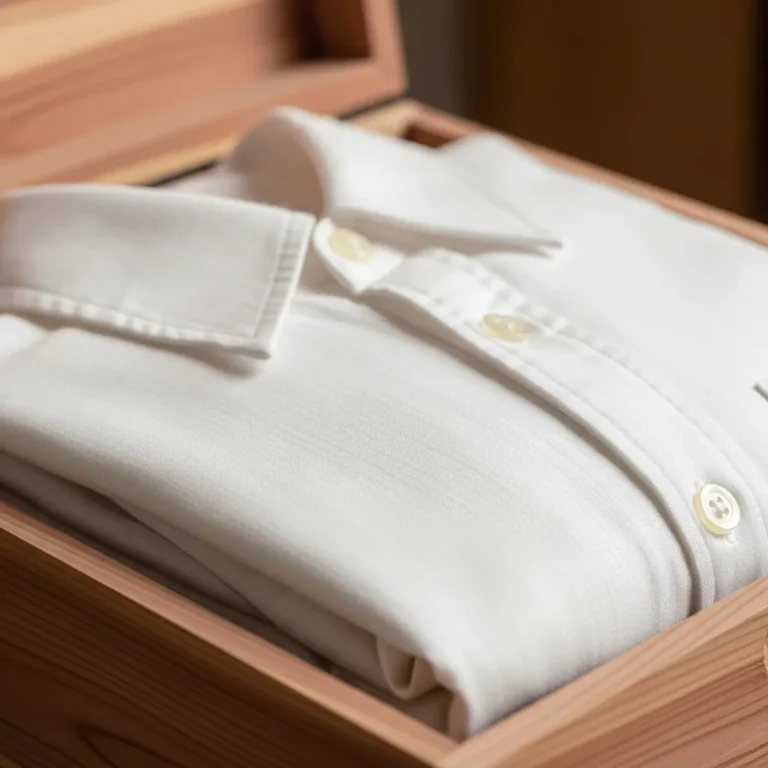
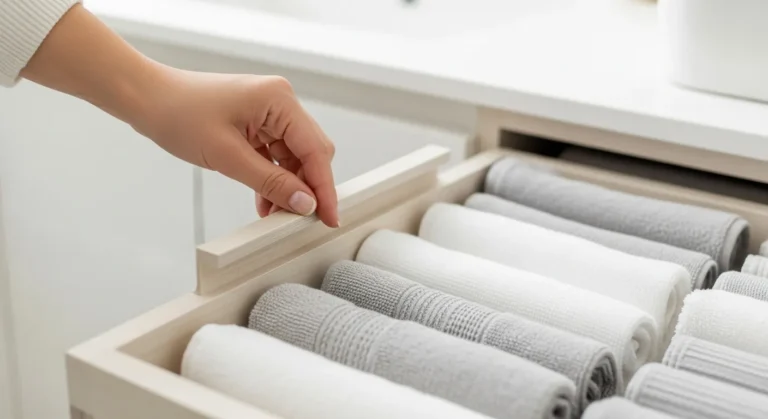

One Response
Gracias por las recomendaciones. Las necesitaba